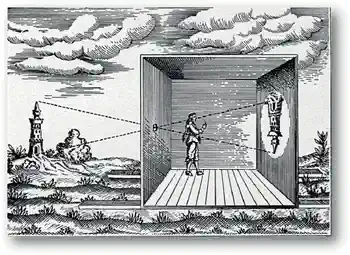“Ideology” is as central a concept in critical theory as it is contested. In many critical theories, it has been and still is a key concept because they understand themselves as practicing ideology critique. The debate about “ideology” therefore provides a keyhole through which we can un-derstand the development of critical theories in general, as well as their fierce disagreement over conceptions of critique.
We begin with easy questions that are hard to answer: Is ideology like bad breadth, namely something that only the other person has (Terry Eagleton), or are we all imprisoned in some ideology? Would there still be ideologies in a just society, whether we understand this as a class-less or a well-ordered society? Is “ideology” an inherently paternalistic concept because ideolo-gy critique positions the critic beyond an “epistemological break” that separates her from those still enthralled by ideology?
In the seminar, we will investigate these and other questions by discussing texts on “ideology” and “ideology critique” from Karl Marx and Friedrich Engels via Theodor W. Adorno and Max Horkheimer to Rahel Jaeggi and Sally Haslanger. Yet the seminar is not limited to Frankfurt School critical theory: we will also look at the powerful intervention by Louis Althusser in the 1970s or the criticisms levelled against the concept of “ideology” by Michel Foucault, to name but two important contributions that continue to shape the current debate on “ideology.”
Preparatory Reading
Eagleton, Terry (1991): Ideology. An Introduction. London/New York: Verso.
Žižek, Slavoj (ed.) (1994): Mapping Ideology. London/New York: Verso.
Requirements
There are no special requirements.
Assessments
Examination: Two written assignments during the course (15% and 85%).
Pass/Fail Examination: Students must either write two response papers to two different texts discussed in the course or give a short oral presentation to one of the texts.
For details, please read the syllabus carefully.
